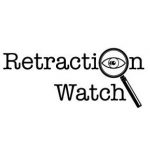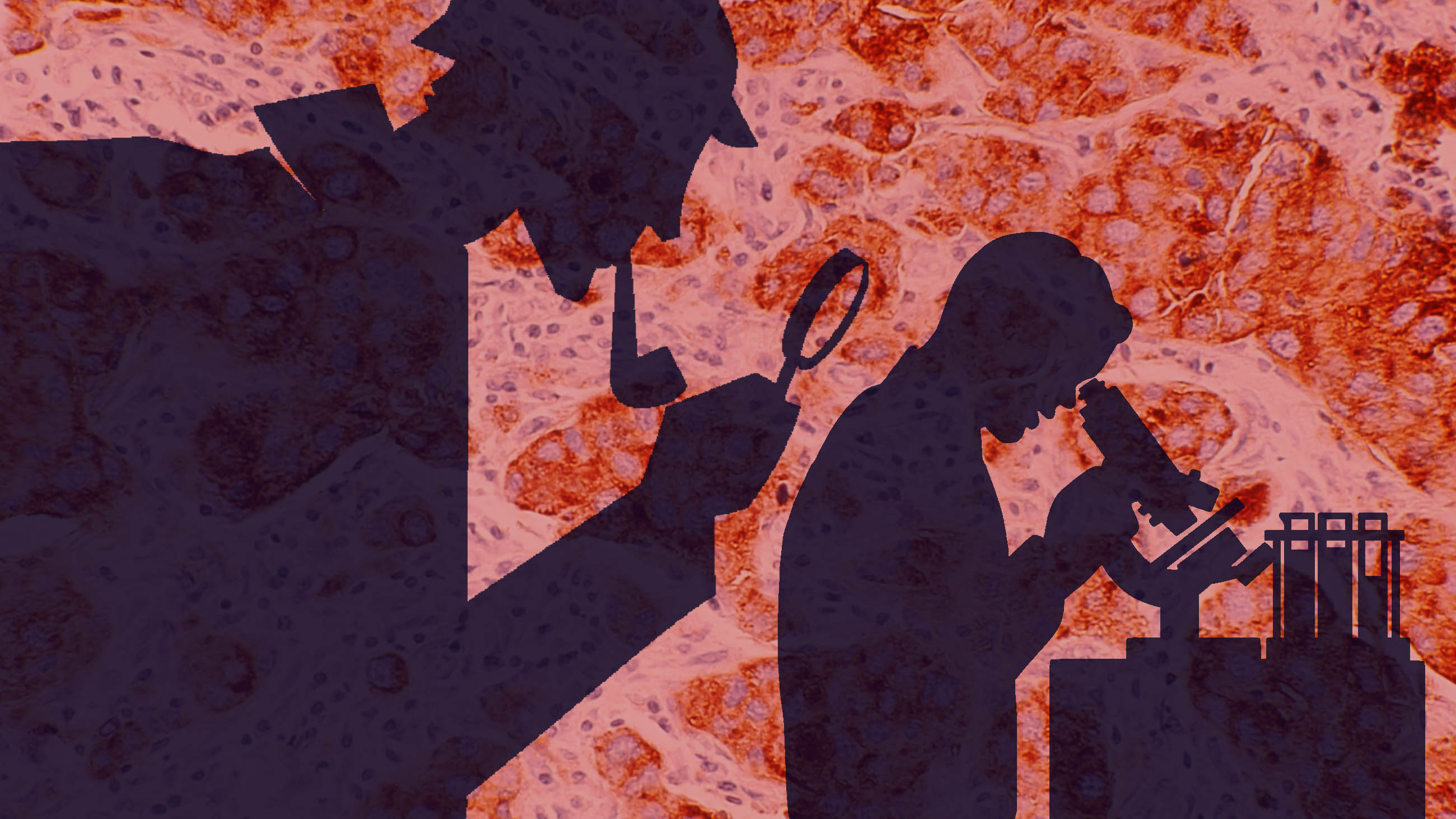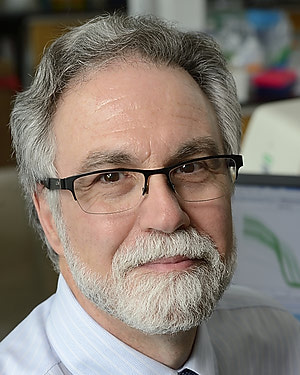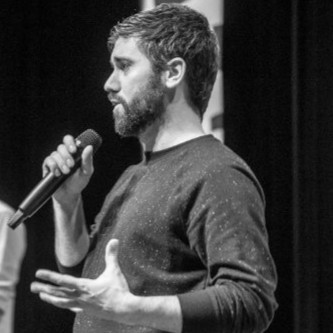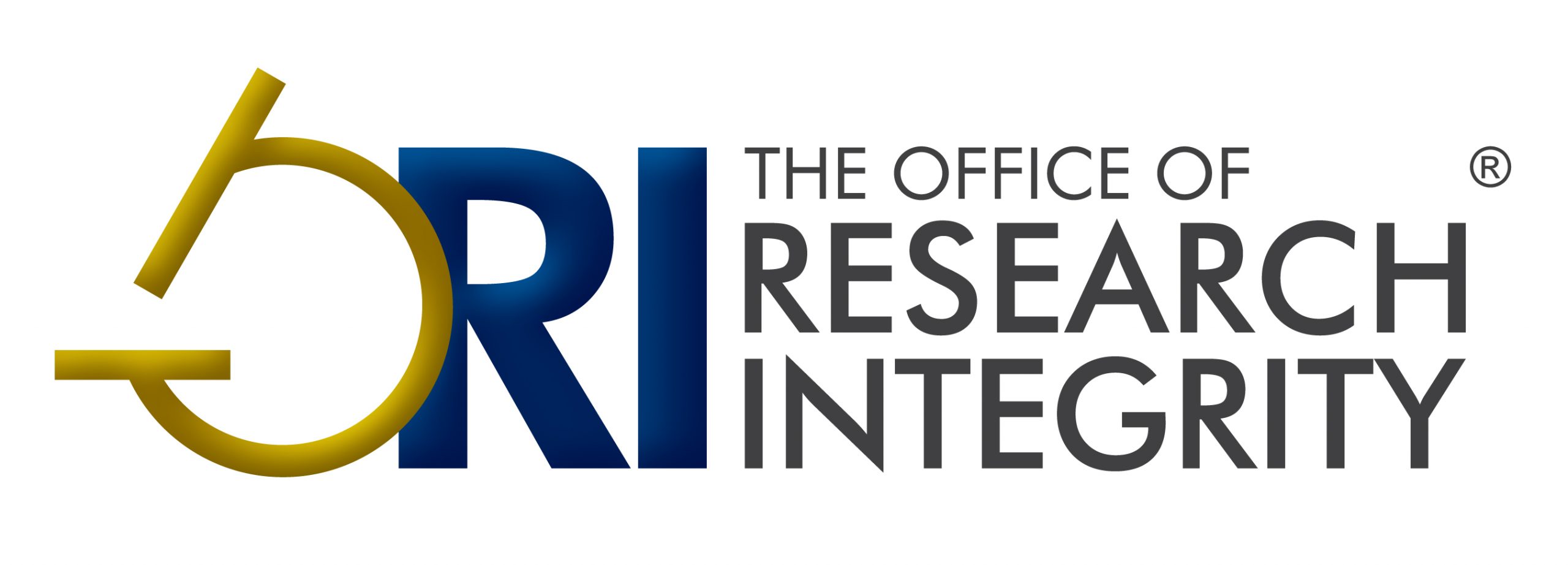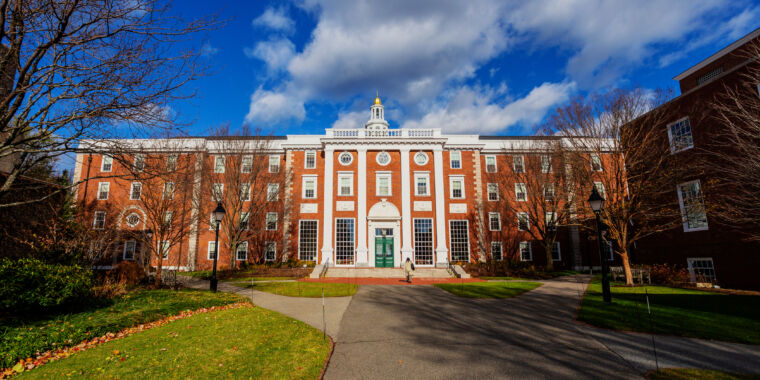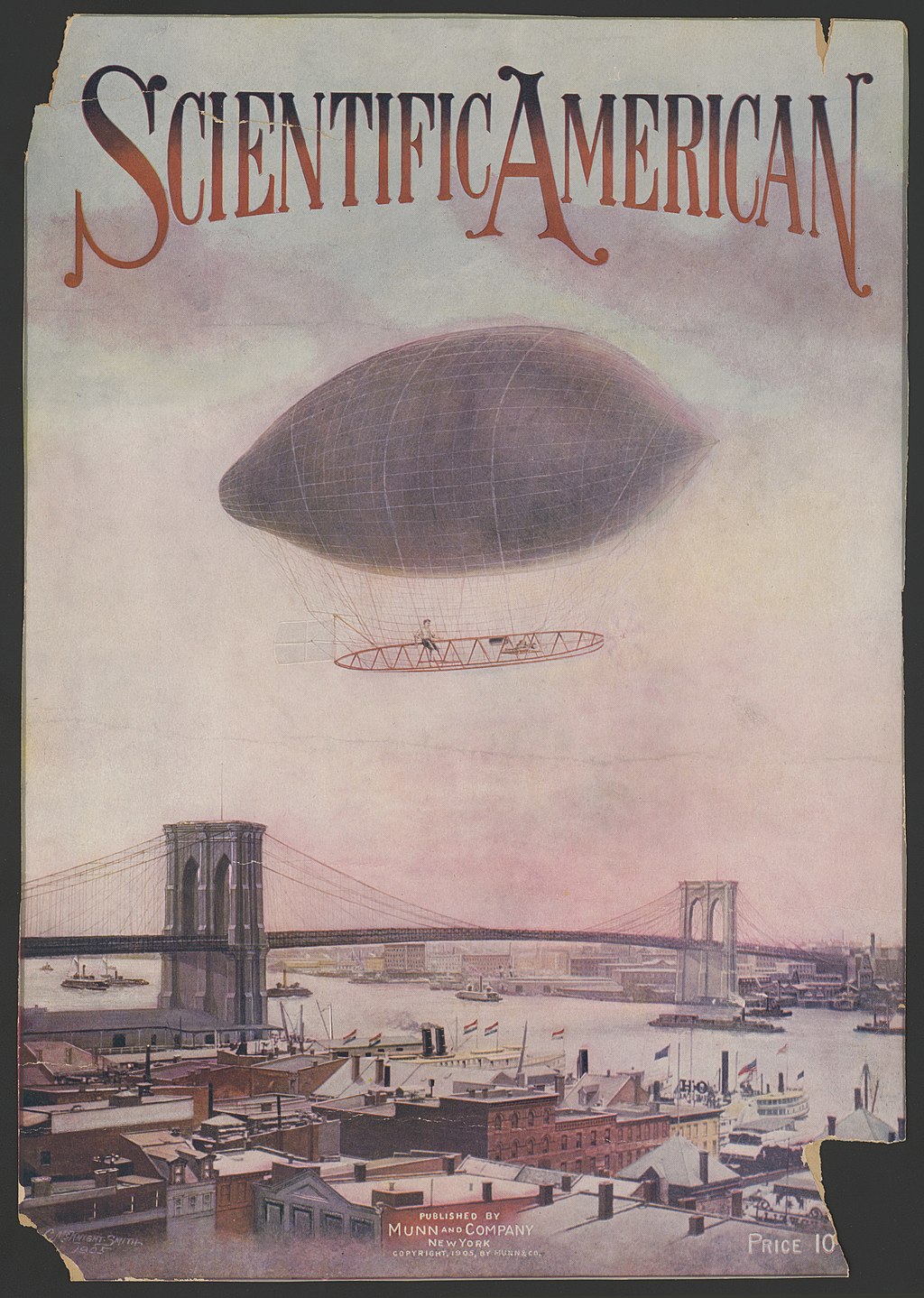Study gets to the heart of controversial chelation therapy
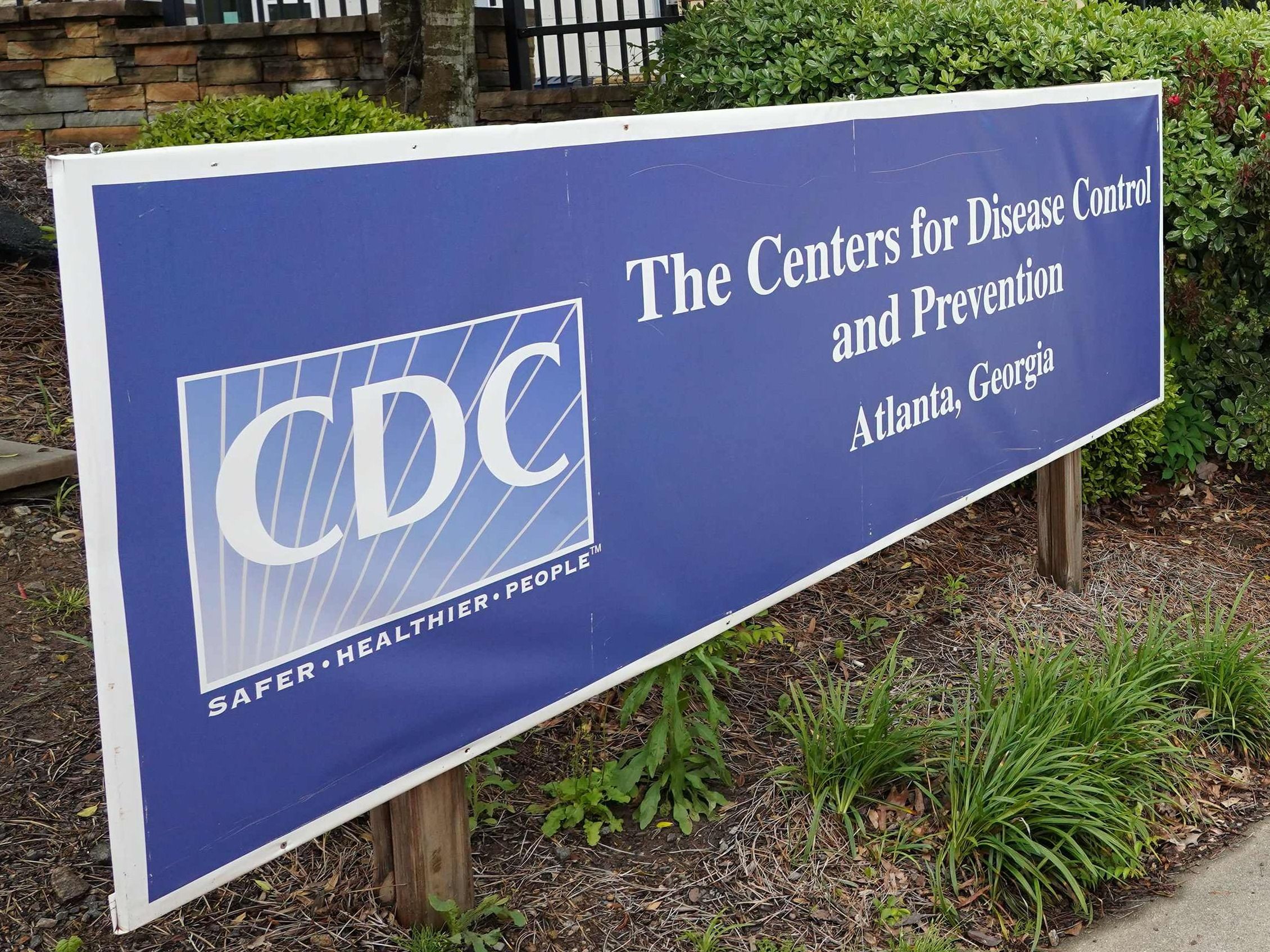
 montrealgazette.com
montrealgazette.com
EXCERPTS: Chelation therapy [...] can be life saving in certain circumstances, like a child with acute lead poisoning and neurological symptoms. But chelation therapy is marketed far beyond its limited medical scope.
[...] Given the lack of benefit, a large randomized trial was commissioned to investigate the issue [...which...] surprised many by claiming there was indeed a benefit for cardiovascular outcomes.
[...] The journal editors had a number of concerns with the paper, but ultimately decided to publish it with all those caveats in place.
[...] Hence, the TACT2 trial was launched to verify the results of TACT, and its results were recently published. There was no cardiovascular benefit... (MORE - missing details)
_

Christopher Labos: Study gets to the heart of controversial chelation therapy
A recent trial refutes earlier results that showed a cardiovascular benefit to the treatment, which involves medications that bind to heavy metals and allow them to be excreted by the body.
EXCERPTS: Chelation therapy [...] can be life saving in certain circumstances, like a child with acute lead poisoning and neurological symptoms. But chelation therapy is marketed far beyond its limited medical scope.
[...] Given the lack of benefit, a large randomized trial was commissioned to investigate the issue [...which...] surprised many by claiming there was indeed a benefit for cardiovascular outcomes.
[...] The journal editors had a number of concerns with the paper, but ultimately decided to publish it with all those caveats in place.
[...] Hence, the TACT2 trial was launched to verify the results of TACT, and its results were recently published. There was no cardiovascular benefit... (MORE - missing details)
_



